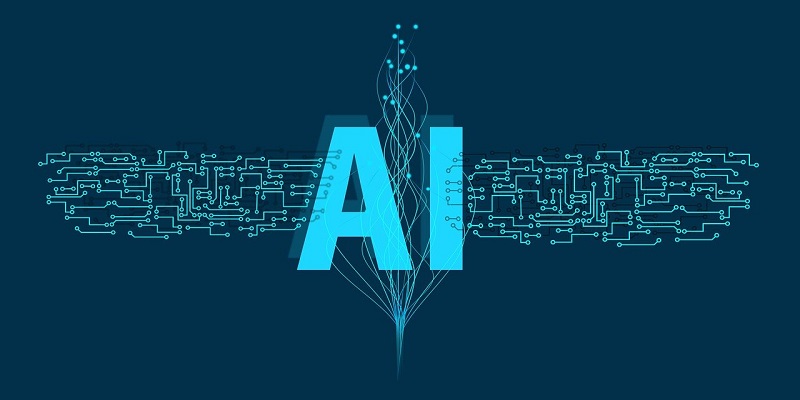In an effort to enhance the developer experience and drive productivity, MongoDB, a leading modern data platform provider, has recently introduced a range of generative AI features. These cutting-edge capabilities leverage artificial intelligence to streamline various aspects of the development process, promising to revolutionize how developers work with MongoDB.
MongoDB Introduces New Generative AI Features
MongoDB’s latest announcement marks the integration of powerful artificial intelligence technologies into its platform. These features aim to provide developers with advanced tools and techniques to simplify troubleshooting, information retrieval, and more.
AI-Powered Chatbot for Troubleshooting and Information Retrieval
At the forefront of MongoDB’s new AI offerings is an intelligent chatbot. This AI-powered assistant facilitates fast and accurate troubleshooting by actively analyzing queries and offering recommended solutions. Furthermore, it employs natural language processing (NLP) algorithms to retrieve relevant information and documentation, enabling developers to access resources quickly and efficiently.
AI Capabilities Integrated into MongoDB’s Relational Migrator
The Relational Migrator, a key component of MongoDB’s data platform, has now been enhanced with AI capabilities. Alongside traditional features, developers can enjoy data schema and code recommendations driven by AI algorithms. This integration streamlines the migration process, ensuring a seamless transition from SQL-based systems to MongoDB.
Conversion of SQL Queries to MongoDB Query API Syntax
One of the standout features of MongoDB’s Relational Migrator is its ability to automatically convert SQL queries to MongoDB Query API syntax. By leveraging AI algorithms, this process simplifies the migration effort further, allowing developers to easily take advantage of MongoDB’s flexible and powerful querying capabilities.
Natural Language Processing Capability in MongoDB Compass
MongoDB Compass, the user interface for MongoDB, now comes equipped with natural language processing (NLP) capability. This exciting addition allows developers to generate executable queries using everyday language, eliminating the need for complex query syntax. By understanding the intent behind a query, Compass can generate the appropriate MongoDB Query API statements, streamlining the development workflow.
MongoDB Atlas Charts for Visualizations Using Natural Language
Expanding its AI-powered arsenal, MongoDB has also included natural language processing within MongoDB Atlas Charts. This empowers developers to effortlessly create dynamic visualizations by simply specifying their requirements in plain language. By leveraging advanced AI techniques, Atlas Charts can transform textual descriptions into robust visual representations, enabling developers to analyze and present data with ease.
Preview of the AI-Powered Features
To ensure the seamless integration of these revolutionary features, MongoDB has provided developers with an opportunity to preview and explore the AI capabilities. By allowing early access, MongoDB aims to gather valuable feedback and refine these AI-powered tools based on real-world usage scenarios.
Deployment of MongoDB at the Edge for Real-Time Data
In addition to its impressive AI offerings, MongoDB has also released capabilities for deploying MongoDB at the edge, catering to the growing demand for real-time data processing. MongoDB Atlas for the Edge enables applications to run on a variety of infrastructure at the network’s edge. This empowers developers to harness the power of MongoDB’s flexible data processing capabilities closer to where the data is generated, minimizing latency and enhancing performance.
MongoDB’s latest introduction of generative AI features represents a significant leap forward in developer productivity. By incorporating AI-powered chatbots, AI-driven recommendations, NLP capabilities, and edge computing support, MongoDB is empowering developers to work smarter and more efficiently. As these AI features continue to evolve and advance, developers can anticipate even greater enhancements and opportunities in their MongoDB journey.

